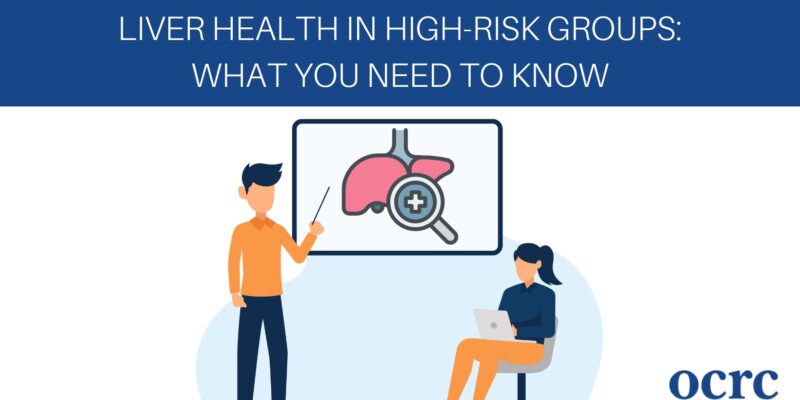
The term “liver disease” includes several different conditions. Anyone can develop liver disease, but some individuals have a higher risk than others. Maintaining liver health is especially important to those with certain autoimmune and medical conditions. Fortunately, there are ways you can protect your liver and support better health overall.
The liver is both an organ and a gland. It performs hundreds of essential functions, including filtering toxins from the system. The liver is also considered a gland because it helps produce hormones and proteins that are used throughout the body.
Some of the conditions that affect liver health include:
Autoimmune system diseases and other immune system disorders can cause the body to attack the liver and compromise the organ’s ability to function. Any type of liver disease or condition can shorten a person’s lifespan and affect their quality of life.
Whether you have a genetic issue that affects your liver, or if you’re at risk because of environmental exposure or lifestyle choices, these tips for keeping your liver healthy may help you avoid liver-related health problems.
The liver is responsible for breaking down the food you eat and filtering out any dangerous chemicals. It also stores important vitamins and minerals and turns food into energy.
Eating healthy food can lower the stress on the liver and support good liver function. Avoid eating too many calories at once, especially calories from refined carbohydrates and sugars.
Non-alcoholic fatty liver disease (NAFLD) is one of the fastest-growing threats to liver health in the U.S. Being overweight increases the risk of developing NAFLD. Losing weight can reduce your risk of experiencing this condition.
Alcohol can destroy liver cells and leave scars on the liver. If you already have a high risk for liver disease, your doctor may advise you to avoid all alcoholic drinks. Speak with your physician about what safe alcohol intake means for your condition.
Toxins that damage liver health come in many forms. Household cleaning products are an often-overlooked source of toxins. Avoid insecticides and chemicals, including household cleaners, especially when they are in aerosol form. Instead, opt for cleaners with natural ingredients.
Avoiding blood and body fluids is essential to maintaining liver health. If you come in contact with another person’s blood, even if you know them, schedule an appointment with your doctor immediately.
Practice safe sex, and never use an intravenous needle that has been used by someone else. Do not share hygiene items like nail clippers, scissors, razors, or toothbrushes. People can be infected with hepatitis A, B, or C and not know it.
Carefully consider the risks associated with tattoos and body piercings as well. Take every precaution to ensure your body artist uses only clean, sanitary needles and applies all safety protocols.
Regular hand washing is an easy and effective way to reduce your exposure to viruses that could risk your liver health. Wash your hands after using the restroom and when returning home from work or doing errands. Always wash your hands before eating.
Make sure to use soap and warm water, and lather every part of your fingers and hands thoroughly,
Following your doctor’s advice becomes even more important when you are in a high-risk group. Getting check-ups and diagnostic testing may seem unnecessary when you’re feeling good, but detecting health problems early can provide the best possible chance for successful treatment.
Clinical trials and new medications offer hope and exciting possibilities for people living with liver disease. At our state-of-the-art 35,000-square-foot research facility, we are currently offering a range of clinical trials, including liver studies.
All study participants receive trial-related treatment and medical care at no cost and may be compensated for their time. Contact our team to learn if you may be eligible for a current or future trial.
